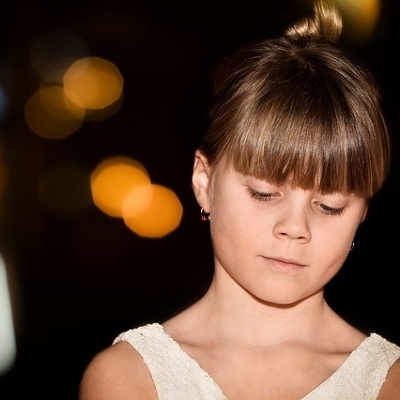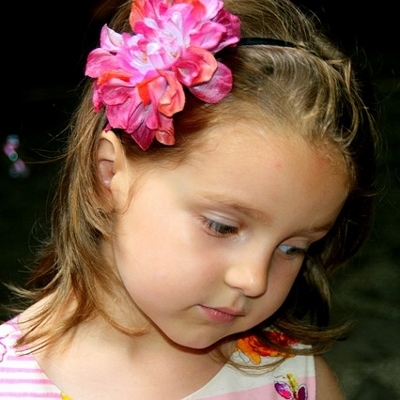 As early as age 9, a young person’s body begins the process of puberty. This amazing journey towards adulthood begins when the body’s glands secrete hormones. It’s this rise in hormones that prompts growth and sexual maturation.
As early as age 9, a young person’s body begins the process of puberty. This amazing journey towards adulthood begins when the body’s glands secrete hormones. It’s this rise in hormones that prompts growth and sexual maturation.
Hormones can also be responsible for altering your child’s behavior. Not only do many tweens feel like they are riding an emotional roller coaster at this time in their lives, they also have to deal with new sexual feelings. No wonder tweens sometimes earn the label of being “difficult” to live with!
Parents need to understand how hormones affect a tween’s behavior in order to help their own children deal with these exciting – and often scary – changes.
Read this post for a brief overview of what to expect in your tween.
Some health officials argue that it’s not the growth or sex hormones themselves that actually cause a tween’s behavior to change; however, it is a given that the changes these hormones promote in the body do alter behavior.
For instance, imagine a 9 year-old girl who has already developed breasts. Far ahead of her classmates physically, she might slouch to “hide” her budding chest, and she may even refuse to go to school because she doesn’t want to be the center of attention.
Now imagine a 11 year-old boy who lags far behind his peers in stature. Suddenly every one of his friends towers over him, and he has to deal with being picked last for the basketball team in gym class. His general mood can certainly turn sullen.
Another problem with puberty is that there is no set age when it begins. Each person has his or her own individual clock that triggers glands to start making hormones. This fact makes the tween years an uneven “playing field” for children.
Some children will begin sensing puberty’s arrival early, some late, and some will fall right in the middle. For instance, many times it’s the not knowing when her period will arrive that causes much anxiety in a young woman.
(Most women can vividly remember the stress caused by imminent menstruation. I know I was mortified when I got my period for the first time while at school, and while wearing white pants!)
Overall, a parent should expect behavioral changes in his or her tween’s behavior when puberty strikes. There will be moodiness, and there will be feelings of awkwardness as well. Your job is to listen and to answer any questions honestly. In essence, be your child’s safety net.
You may need to seek help from a professional in some instances. For example, suicidal thoughts at this age are not normal. Refusing to go to school or to participate in previously adored activities is not normal. You know your own tween best. Be in tune for changes in the way he or she acts that seem way off base. And if any change in his or her behavior worries you, seek immediate help from your family physician or a similar health care provider.










